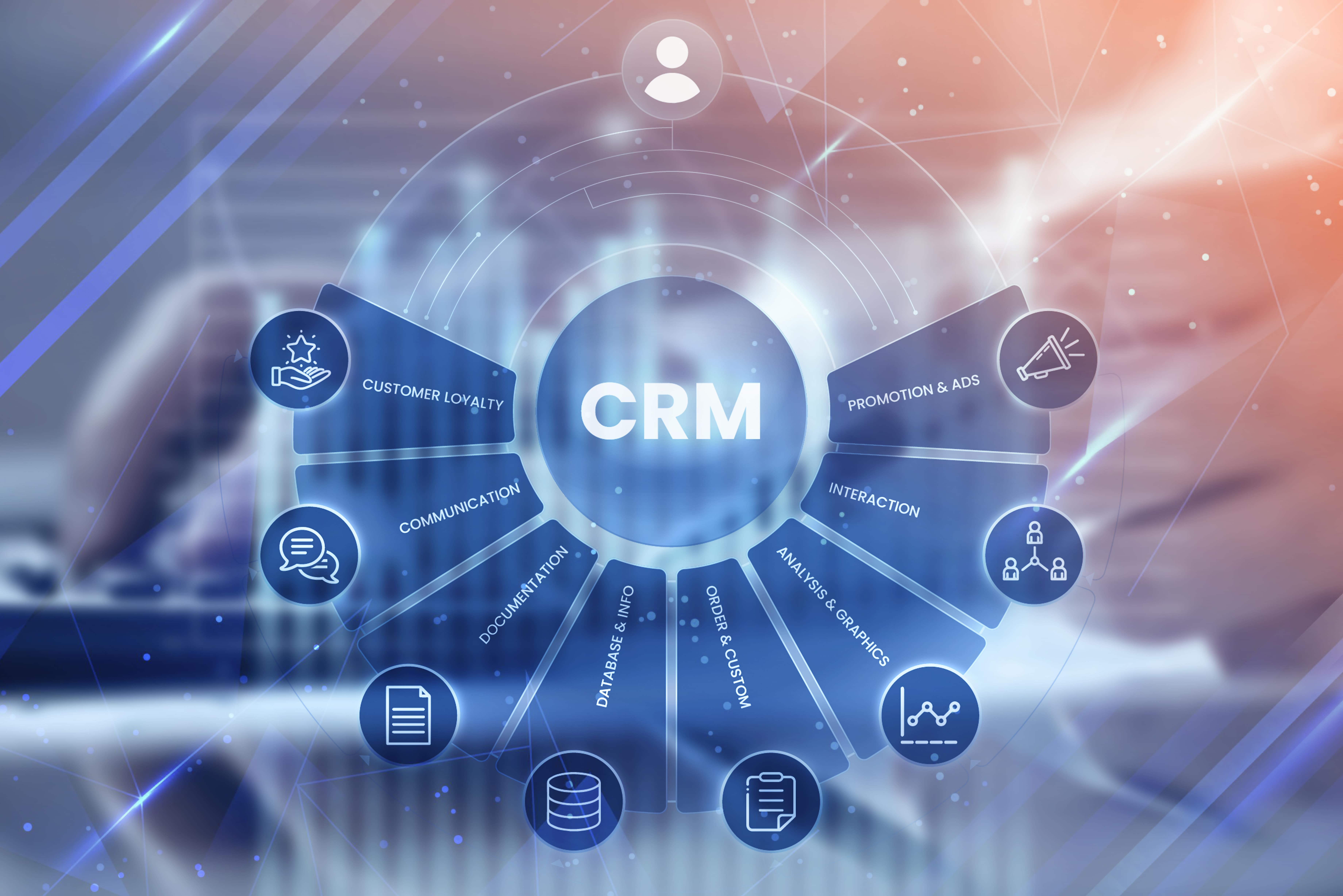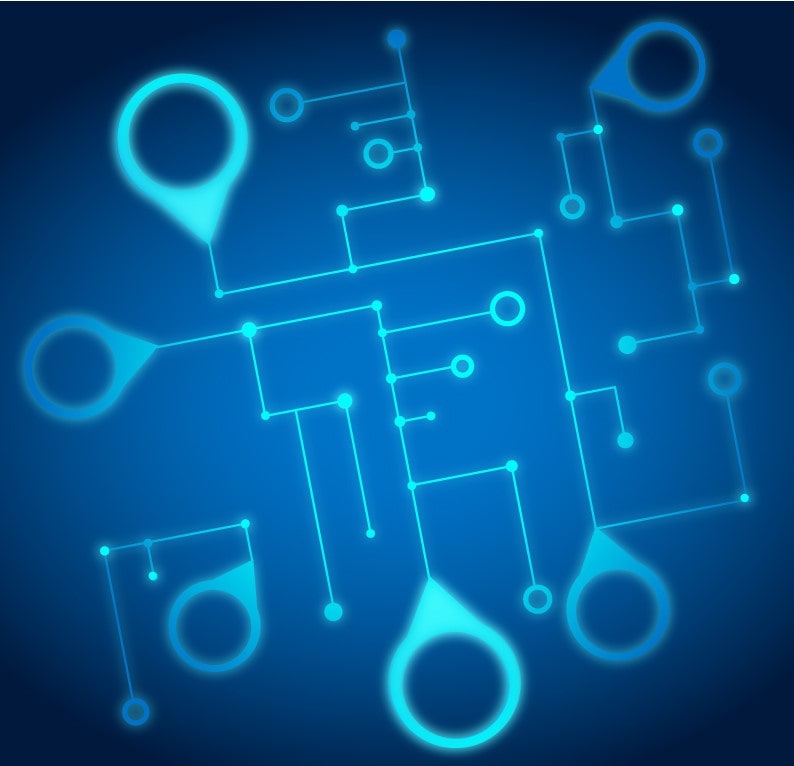Voice recognition technologies are advancing in IoT devices, promising to transform the connected home. Since its inception in the 1950s, voice recognition has evolved, achieving notable accuracy by 2018 and accelerating due to the pandemic. By 2023, it is expected that there will be 8 billion digital voice assistants in use, driving a $31.82 billion market by 2025. These systems enable smart home automation beyond device management, incorporating emotion- and context-based interaction, and opening possibilities for new uses.
The Evolution of Voice Recognition Takes Smart Homes to the Next Level











